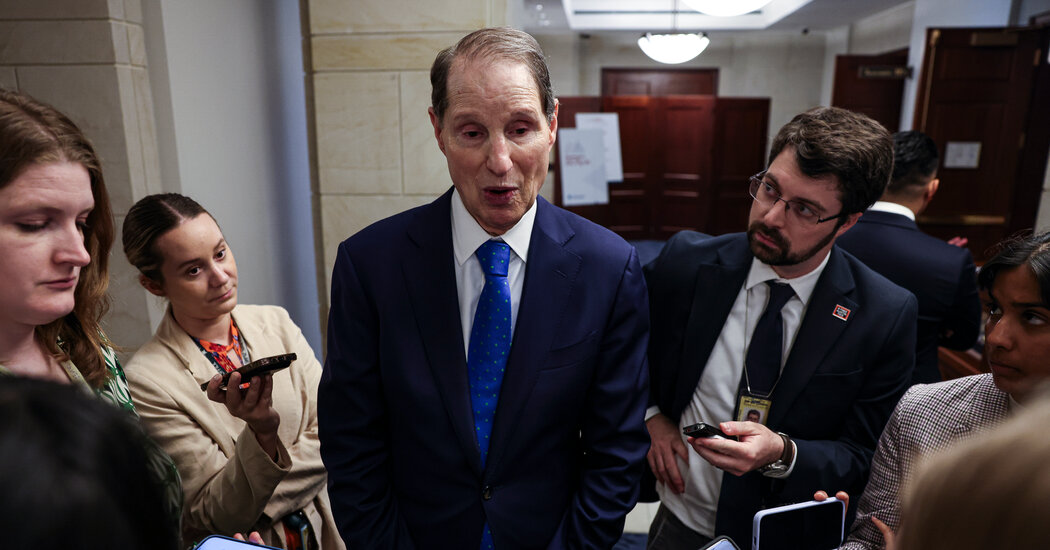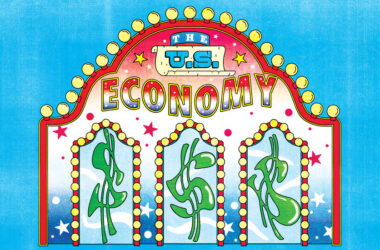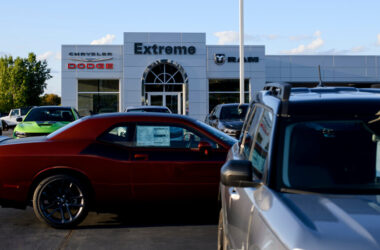A congressional investigation found that BMW, Jaguar Land Rover and Volkswagen purchased parts that originated from a Chinese supplier flagged by the United States for participating in forced labor programs in Xinjiang, a far western region of China where the local population is subject to mass surveillance and detentions.
Both BMW and Jaguar Land Rover continued to import components made by the Chinese company into the United States in violation of American law, even after they were informed in writing about the presence of banned products in their supply chain, the report said.
BMW shipped to the United States at least 8,000 Mini vehicles containing the part after the Chinese supplier was added in December to a U.S. government list of companies participating in forced labor. Volkswagen took steps to correct the issue.
The investigation, which was begun in 2022 by the chairman of the Senate Finance Committee, Ron Wyden of Oregon, a Democrat, highlights the risk for major automakers as the United States tries to enforce a two-year-old law aimed at blocking goods from Xinjiang. The Uyghur Forced Labor Prevention Act bars goods made in whole or in part in Xinjiang from being imported to the United States, unless the importer can prove that they were not made with forced labor.
In a statement, Mr. Wyden said that “automakers are sticking their heads in the sand and then swearing they can’t find any forced labor in their supply chains.”
“Somehow, the Finance Committee’s oversight staff uncovered what multibillion-dollar companies apparently could not: that BMW imported cars, Jaguar Land Rover imported parts and VW A.G. manufactured cars that all included components made by a supplier banned for using Uyghur forced labor,” he added. “Automakers’ self-policing is clearly not doing the job.”
The part in question is known as a LAN transformer and is part of a system that allows a vehicle’s electronic components to communicate with one another. The automakers did not buy the component directly from Sichuan Jingweida Technology Group, also known as JWD, the Chinese manufacturer that was said to have used forced labor. Rather, it was part of an electronic unit they bought from Lear Corporation, a supplier of automotive electrical systems.
Lear said in a statement that it did not have a direct relationship with JWD, but bought the parts through another supplier. When Lear learned that JWD had been added to the forced labor list, the company said, “we promptly notified our customers of products containing these components and worked with our supplier to expeditiously re-source the manufacture of these components to another sub-supplier.”
It added, “We take these matters seriously and share the committee’s desire to combat forced labor.”
The Chinese government runs programs that send groups of people in Xinjiang to work at private companies and farms, and human rights experts say some of these arrangements are coerced. Reports published in the last few years by researchers from the Australian Strategic Policy Institute and Sheffield Hallam University had linked JWD to government-sponsored labor transfer programs, including transfers of hundreds of Xinjiang people to the company in 2018. In December, the U.S. government added JWD to a list of companies that have worked with the Xinjiang government to recruit, transport or receive forced labor.
Lear notified all three carmakers in January that it had sold them the JWD part. Volkswagen subsequently voluntarily disclosed to U.S. customs agents that cars then in transit to the United States contained the part. The company arranged to replace the part in U.S. ports before they entered the country.
But the committee said BMW, even after receiving its letter from Lear, continued to import that part and thousands of Mini vehicles containing it until at least April. BMW appeared to have stopped its imports only after the committee repeatedly questioned it about JWD, according to the report.
BMW said in a statement that it had taken steps to halt imports of the components and would voluntarily replace the parts in vehicles that contained them. “The BMW Group has strict standards and policies regarding employment practices, human rights and working conditions, which all our direct suppliers must follow,” the company said.
Jaguar Land Rover also received the letter from Lear in January, but told the committee that its North American subsidiary was not informed about it, according to the report. The company continued importing the JWD component until shortly after April 22, when Lear reiterated the information to Jaguar Land Rover.
Jaguar Land Rover said the parts were used in older vehicles no longer for sale and were imported only as replacements. The company, which is based in Britain, said that when it learned that the parts were on the forced labor list, it immediately stopped shipping them and earmarked them for destruction.
“JLR takes human rights and forced labor issues seriously and has an active ongoing program of human rights protection and antislavery measures,” the company said in a statement.
Volkswagen also continues to maintain a facility in Xinjiang through a joint venture with a Chinese state-owned company. Volkswagen told the committee that an outside firm audited the facility and found it free of forced labor in 2023, but it declined to provide Congress a full copy of the audit.
Volkswagen said in a statement that “we acted as quickly and responsibly as possible to replace the part” and comply with the law.
“Volkswagen takes allegations of human rights violations very seriously and is committed to preventing the use of forced labor in our supply chain,” the company said.
China denies the existence of forced labor and human rights abuses in Xinjiang. According to the U.S. government, from 2017 to 2019 the Chinese authorities in Xinjiang detained over one million ethnic Uyghurs and other minorities in re-education centers.
Today, high rates of imprisonment and many forms of political indoctrination continue, according to a report from the Congressional Research Service. The New York Times has also documented China’s program of mass detentions in Xinjiang.
China is the world’s largest car market and the fastest growing. The country accounted for about one-third of the cars that BMW and Volkswagen sold in the first quarter, and about one-fifth of Jaguar Land Rover sales.
But foreign carmakers have been fighting to maintain market share amid an onslaught of new Chinese competitors focused on electric vehicles. And it has become increasingly difficult for foreign carmakers to maintain a good rapport with the Chinese government while adhering to human rights standards of the United States and Europe.
Cars have tens of thousands of components, and the JWD part lies several layers deep in the supply chain of these major automakers. Still, the Senate committee said the incidents underscored the inadequacy of current systems used to identify forced labor, like questionnaires, self-reporting and limited audits of direct suppliers.
Richard Mojica, a customs attorney at Miller & Chevalier, said automakers faced an “enormous” task in trying to trace their full supply chains, partly because they are heavily dependent on the cooperation of direct suppliers, which does not always happen.
The United States “has not yet detained automobiles and automotive components in meaningful quantities,” he said. But an uptick in government enforcement could push carmakers and their suppliers to map out these supply networks with more urgency.
Companies buying cotton, tomatoes, solar panels, critical minerals and other goods from China have also grappled with exposure to Xinjiang in their supply chains.
On Thursday, the Biden administration added 26 Chinese textile companies to the Uyghur Forced Labor Prevention Act’s entity list, citing their ties to forced labor. Mr. Wyden said he would call on U.S. customs to step up enforcement and crack down on violators.




